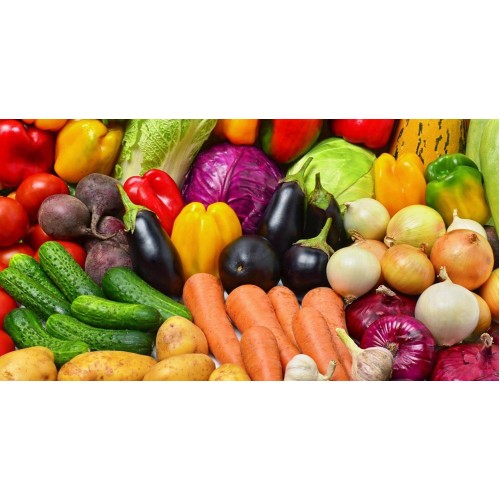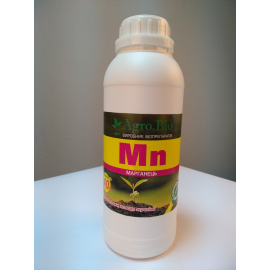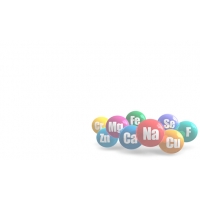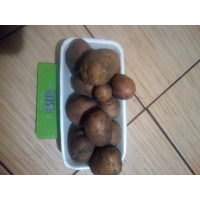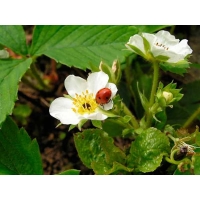Phosphorus (Р) is a trace element that is especially important for plants during the formation of the ovary and during afterripening of the fruits
Phosphorus (P) is a trace element that is especially important for plants during the formation of the ovary and during afterripening of the fruits. Phosphorus participates in all processes of metabolism, in particular photosynthesis (accelerates growth of organs (vegetative and generative) and plant development (accelerates growth)), respiration, energy metabolism (accelerates the processes of proteins breakdown and their transition into plant reproductive organs); it participates in the creation of cell membranes, improves the processes of water absorption (the plant uses less water), acts as an integral part of phosphorus-containing organic compounds (nucleotide with proteins, namely, nucleoproteins, etc.), nucleoside polyphosphates (ATP, AMP, ADP), coenzymes – NADP etc.; it is involved in the transmission of organism innate characters, in stimulation of the intensity of flowering crops (vegetables, fruit, grains); increases winter hardness of crops, the quality of products even in the absence of water.
Phosphorus deficiency: with insufficient quantities, biosynthesis of proteins, photosynthesis, respiration and evaporation are slowed down and nitric nitrogen is accumulated. Plants attain dark green or blue color of leaves, reddish, purple, dark sometimes black color of dead leaves appear, and trees have a growth retardation of sprouts, the size of leaves decreases and reddish veins are formed. Vegetable crops lose taste, the root crop of carrots becomes lighter, the flower plants form less flowers and its color loses the expression. The growth of plants vegetative organs (sprouts and root system, leaves become small) slows down, which effects in reducing of frost resistance. Flowering of plants and ripening of fruits are delayed; drop of leaves takes place faster.
With insufficient phosphorus amount the nitrogen effect will be especially exhibited, and therefore, when fertilizing the soil it is necessary to add nitrogen and phosphorus in equal quantities (to balance their effect). Fixation of phosphorus occurs as a result of its interaction with calcium, magnesium, aluminum.
Abuse of phosphorus nutrition: leads to compression of plants vegetative period, weak development of the root system, which aggravate the absorption of phosphorus compounds and slows down metabolic processes, in particular carbohydrates, reduces the accumulation of sugars in the finished products, reduces frost resistance of crops.
Phosphorus interinfluence with other elements
| Antagonists (overbalance of one triggers a deficiency of another element) | Synergist (improve mutual properties of each other) | Block the each other interaction (it is not recommended to combine together) |
| - | - | Ca (calcium), Mn (manganese), Fe (iron) |
Related Products
List of articles for the category from the blog Minor-nutrient elements
Articles list
Ukraine has an agrarian orientation of the economy and, in the modern context, one of the most perspective areas for agriculture is the use of organic products, based on the application of purely natural components, that the company AGRO.BIO manufactures and offers – concentrated liquid POTASSIC HUMATE, which helps to restore the natural components of the main active environment – the soil – rationally and effectively.
The soil environment does not always contain the enough amounts of nutrients necessary for plant growth and development, but this disadvantage can be improved by additional fertilization, in particular with POTASSIC HUMATE BALLASTLESS made of LEONARDITE produced by AGRO.BIO. It is an ecologically safe multi-nutrient fertilizer and growth stimulator of organic origin for agricultural plants promoting the increase of soil fertility.
In order to make it easier for you to get an understanding of our products, the articles about potassium humate and multicomplexes are uploaded below.
 English
English Українська
Українська Русский
Русский Espanol
Espanol French
French عربي
عربي

